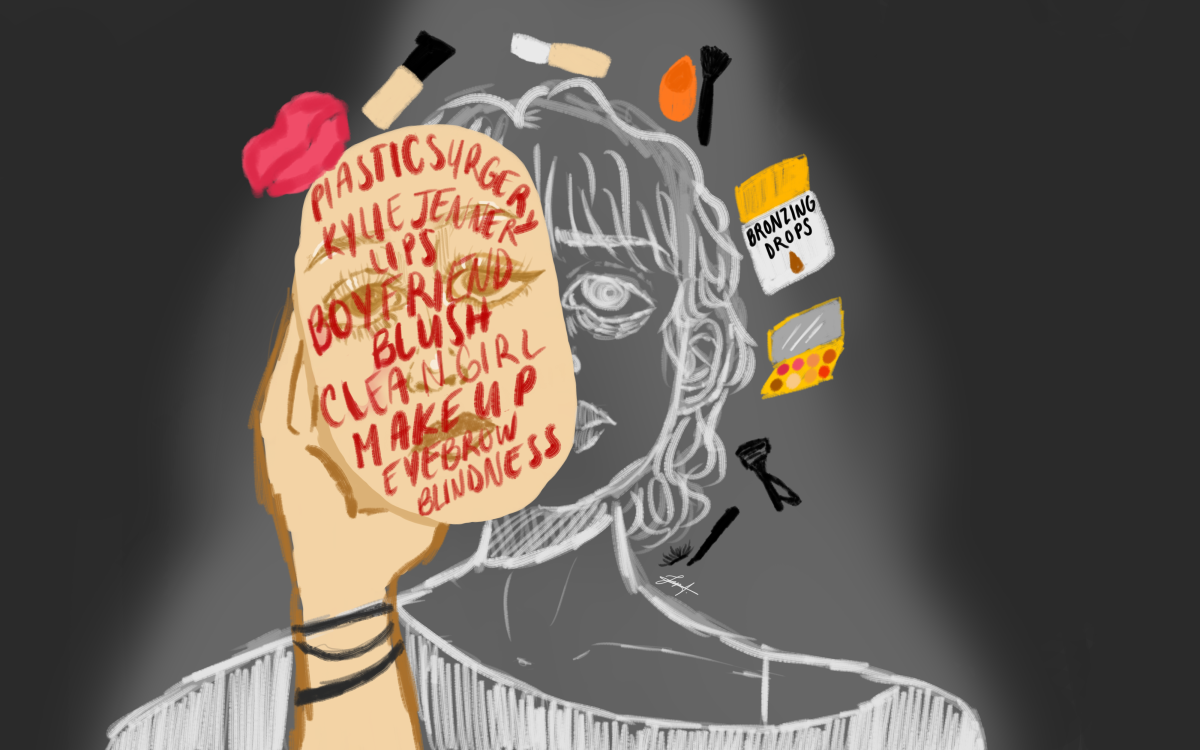“Clean girl makeup,” “glazed donut skin” and “boyfriend blush” have been trending tags on social media platforms in the past few years. The hashtag “beauty” on TikTok remains one of the largest video categories, with over 47.6 million posts featuring makeup tutorials, skincare routines, product recommendations and, most importantly, the newest makeup trends. However, many users do not realize that these trends can take a toll on their physical and mental health.
Similar trends have been around for years, propagating harm for their followers. For example, tanning is a trend that started in the 1920s, after French designer Coco Chanel accidentally tanned in the French Riviera. Now though, unlike in the 1920s, social media helps spread these crazes.
Recently, being deeply tanned has become a large part of the newest beauty standards. Fifty-nine percent of college students and 17% of other teenagers tan in tanning beds, which, according to the Public Broadcasting Service, allows the indoor tanning industry to rake in almost $5 billion per year.
Indoor tanning is equally as harmful as outdoor tanning due to the high amount of ultraviolet rays used to achieve the golden-brown color. Common effects of excessive UV exposure include skin cancer, premature aging, wrinkles, hyperpigmented areas, rashes and a weakened immune system.
Another harmful beauty trend, known as the Kylie Jenner lip challenge, debuted in 2015. It encouraged young people to put a shot glass around their lips and suck in air to create a suction, causing their lips to swell. This trend affected the physical and mental health of participants. According to SOS Safety Magazine, the suction caused severe bruising, discoloration, scarring and nerve damage in the long term.
Shortly after the trend started, Jenner took to X in an attempt to combat the negative mental health effects existent among participants of the trend, like feeling insecure.
“I’m not here to try & encourage young people/girls to look like me or to think this is the way they should look…” Jenner tweeted. “I want to encourage people/young girls like me to be yourself and not be afraid to experiment w[ith] your look.”
More recently, “blush blindness” has taken over the beauty side of TikTok. This is a variation of “eyebrow blindness,” which was coined as a term to describe the 2010s trend of people being blind to their severely overdrawn eyebrows. TikTok users then flipped it to mean a seemingly oblivious overuse of blush. In the past few years, through the rise of “strawberry girl” makeup and similar trends, blush has become a staple in most girls’ makeup routines.
In the last 12 months, blush sales have reached over $462 million, which is a 36% increase from last year. Due to blush becoming the ultimate form of feminine self-expression, with warm, rosy cheeks being a sign of youth, blush definitely ties into Generation Alpha’s recent obsession with over-doing makeup and skincare. However, overdoing blush can clog pores and increase acne.
Appearing more youthful has recently become a large part of beauty standards and trends. This leads people to go to extreme lengths in order to appear younger, such as applying heavy amounts of skincare and makeup. It also causes young children to second-guess their appearances.
Many makeup retailers, such as Sephora, have considered adding age requirements to their stores, as many young girls under the age of 12 have been swarming to them, ruining products and being extremely rude to staff.
The widespread reach of body-altered content is a large contributor to the current unrealistic beauty standards. Social media has continued to feature users appearing to have perfect faces and bodies; however, they often use photo editing tools to alter their appearance. Many studies have proven that the TikTok beauty algorithm prioritizes content that fits current beauty ideals and suppresses posts that do not.
Many claim these unrealistic standards do not actually influence anyone but rather have a negative impact on teens’ mental health, causing a spike in body dysmorphia. Body dysmorphic disorder is a type of serious obsessive-compulsive disorder, affecting one in 100 U.S. citizens.
Individuals diagnosed with body dysmorphic disorder may be overly concerned with their appearance, how others perceive them and flaws that others might see. Many that suffer from this disorder notice symptoms such as appearance anxiety, the anticipation of threats about how one’s appearance might be compared to the current beauty standard, shame, incessant appearance comparisons to others and mood swings.
Digitized dysmorphia is also rapidly rising. It is on the spectrum of body dysmorphic disorder, but it focuses more on trying to achieve a certain look that can only be attained through body modification apps, filters and Photoshop.
Many victims of body dysmorphic disorder seek cosmetic surgery as a way to fix what they perceive to be “wrong” about them. In 2022 alone, there were 26.2 million cosmetic procedures, which was a 19% increase from 2019. A report by the American Academy of Facial Plastic and Reconstructive Surgery has identified TikTok and the constant being on a screen as the leading causes for these surges. Several plastic surgeons have even had clients request to look like a Snapchat picture of themselves, which has been coined “Snapchat dysphoria.”
Recent studies have proven that there is a connection between people’s opinions on their appearance and the types of online content they are engaging with. When young women were shown a few beauty videos from TikTok, appearance dysmorphia was severely increased compared to the control group, consisting of individuals who were shown travel videos.
Going forward, it is crucial that social media users be mindful of what they say and trends they create and spread, as many of these trends can take a major mental and physical toll on others. Social media platforms such as TikTok also need to make large changes, including fixing their algorithm, which only elevates people to conform to beauty standards.
Categories:
The new influx of beauty trends and standards can ruin the mental health of students. This can cause them to feel insecure about themselves, ruin their self image.
[Opinion] Harmful beauty trends spark surge in mental and physical health concerns
0
About the Contributors

Crystal Goes, Reporter
Crystal Goes is a freshman at Marjory Stoneman Douglas High School. In her free time, she enjoys ice skating with friends, watching hockey and Formula One, reading and playing soccer.

Gabie Soivilus, Graphics Editor
Gabie Soivilus is a junior at Marjory Stoneman Douglas High School. She is the Graphics Editor. She enjoys writing, drawing and playing piano in her free time.
Tags:
Donate to Eagle Eye News
$705
$1200
Contributed
Our Goal
Your donation will support the student journalists of Marjory Stoneman Douglas High School. Your contribution will allow us to purchase equipment and cover our annual website hosting costs.
Navigate Left
-
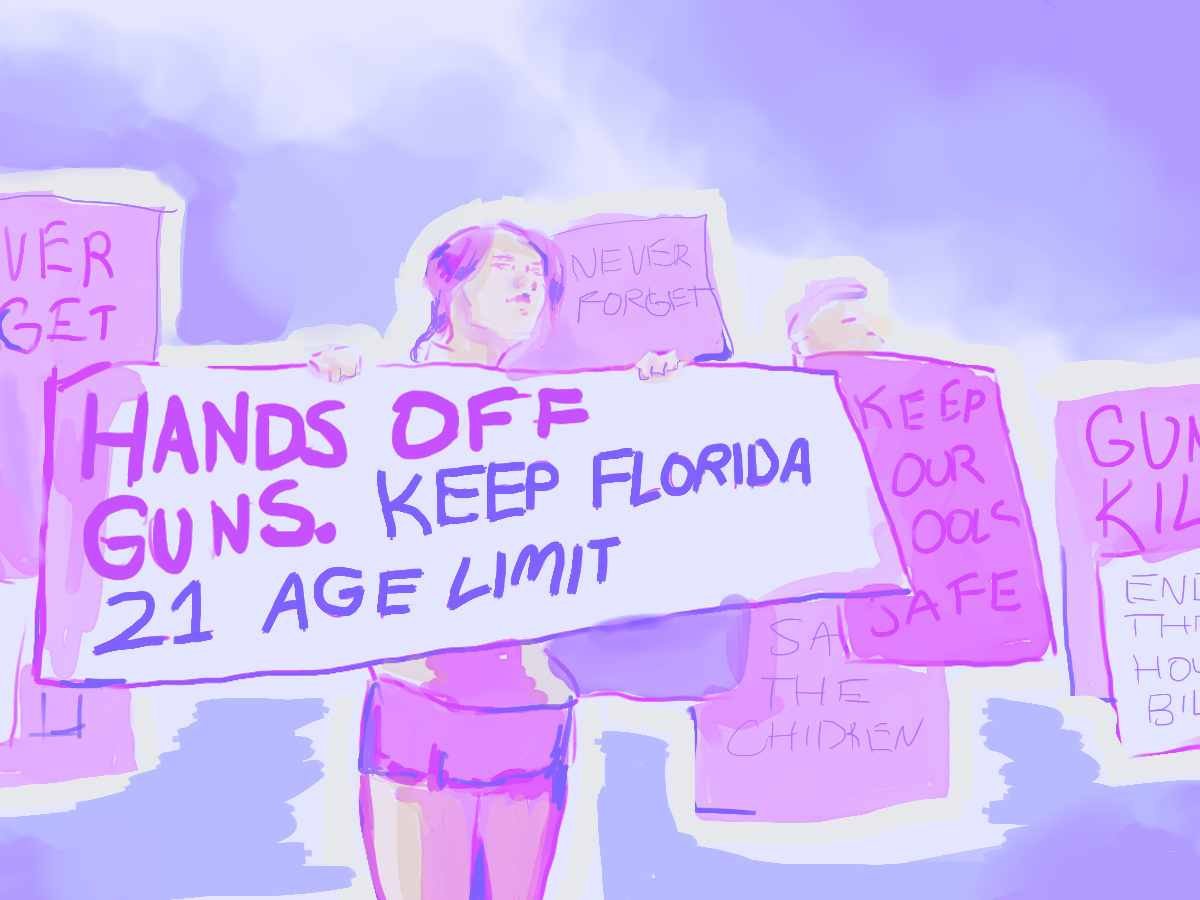 Off Campus Opinion Story[Opinion] HB 759 should not be passed
Off Campus Opinion Story[Opinion] HB 759 should not be passed -
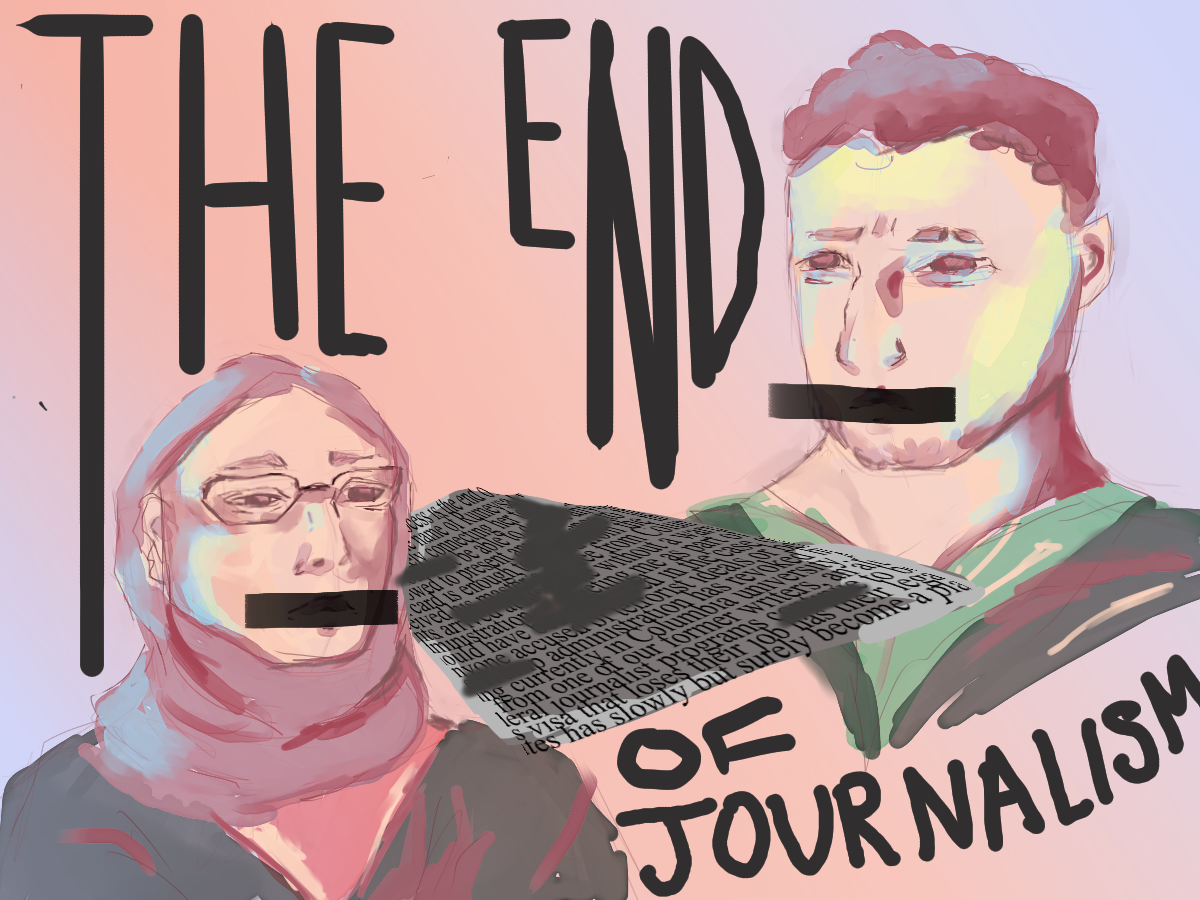 Off Campus Opinion Story[Opinion] The end of due process is the end of free journalism
Off Campus Opinion Story[Opinion] The end of due process is the end of free journalism -
 Off Campus Opinion Story[Opinion] College Board's for-profit practices harm students and teachers
Off Campus Opinion Story[Opinion] College Board's for-profit practices harm students and teachers -
 Off Campus Opinion Story[Opinion] NHL Four Nations Face-Off should return next season
Off Campus Opinion Story[Opinion] NHL Four Nations Face-Off should return next season -
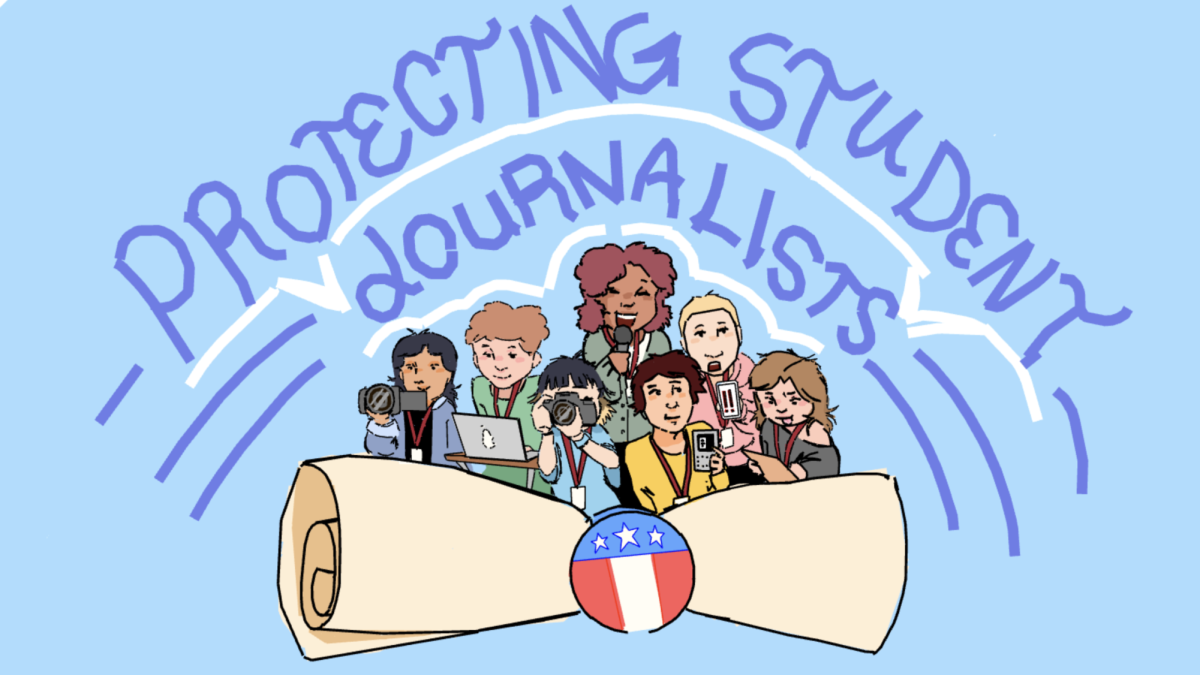 Off Campus Opinion StoryU.S. states must support student journalism through New Voices legislation
Off Campus Opinion StoryU.S. states must support student journalism through New Voices legislation -
 Off Campus Opinion StoryRecent measures to introduce religion into public schools endanger Americans’ religious freedom
Off Campus Opinion StoryRecent measures to introduce religion into public schools endanger Americans’ religious freedom -
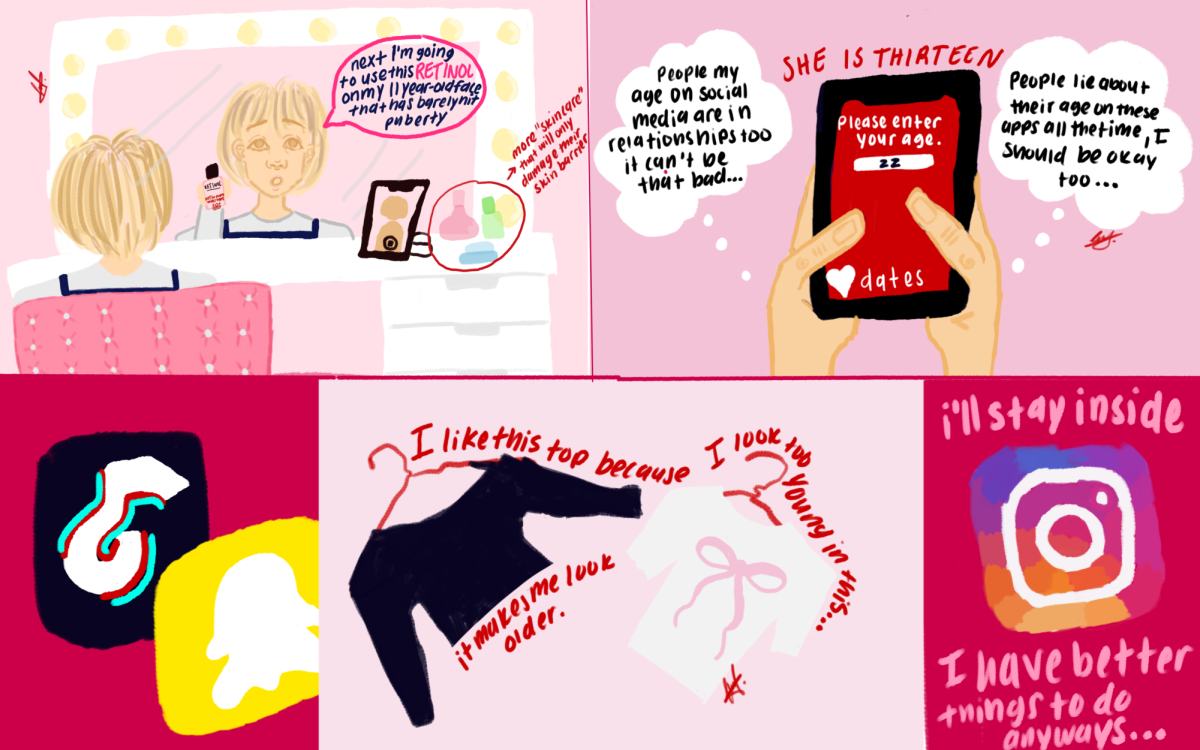 Off Campus Opinion Story[Opinion] Social media is desensitizing the experience of childhood
Off Campus Opinion Story[Opinion] Social media is desensitizing the experience of childhood -
 Off Campus Opinion Story[Opinion] Sabrina Carpenter's concerts are not suitable for younger audiences
Off Campus Opinion Story[Opinion] Sabrina Carpenter's concerts are not suitable for younger audiences -
 Off Campus Opinion Story[Opinion] 12-team College Football Playoff system has major flaws
Off Campus Opinion Story[Opinion] 12-team College Football Playoff system has major flaws -
 Off Campus Opinion Story[Opinion] Media is too silent on pan-African struggles compared to other world issues
Off Campus Opinion Story[Opinion] Media is too silent on pan-African struggles compared to other world issues -
 Opinion[Opinion] U.S. military spending is out of control
Opinion[Opinion] U.S. military spending is out of control -
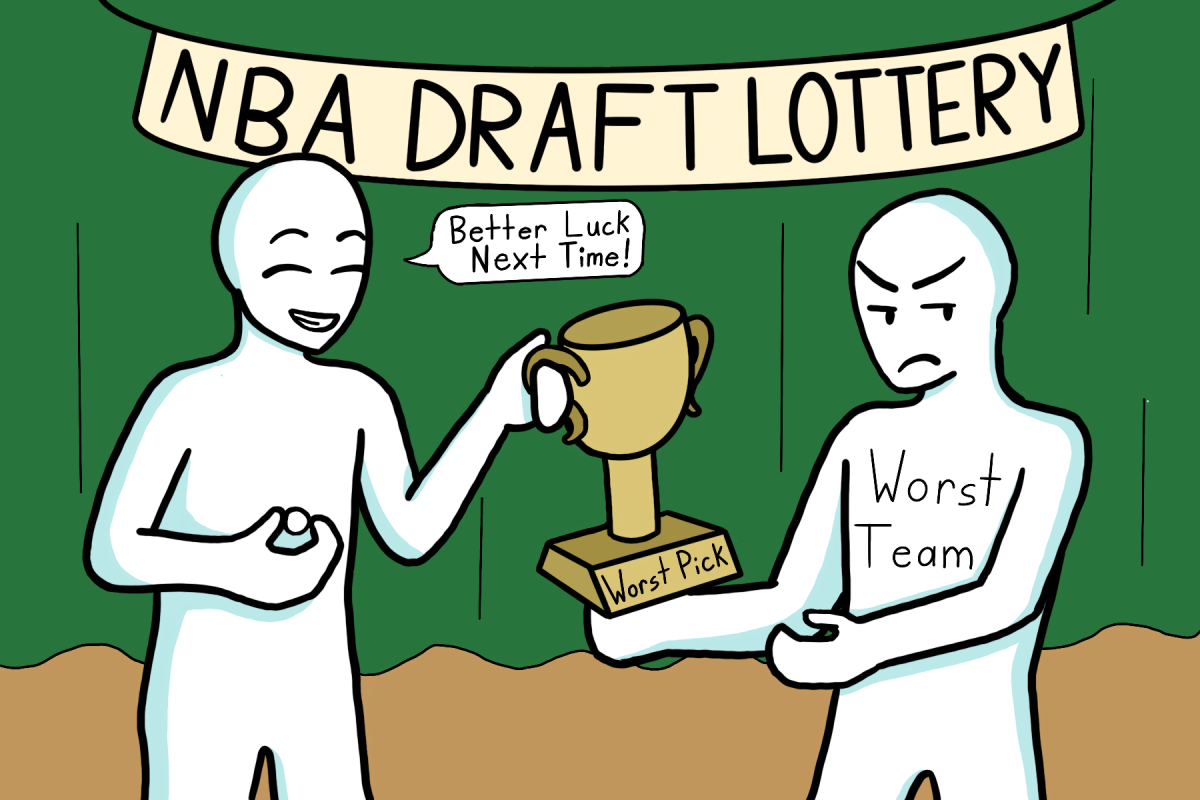 Opinion[Opinion] NBA draft lottery should be abolished
Opinion[Opinion] NBA draft lottery should be abolished -
 Opinion[Opinion] Prisons put inmates in undeserving danger by ignoring mandatory evacuation procedures during recent hurricanes
Opinion[Opinion] Prisons put inmates in undeserving danger by ignoring mandatory evacuation procedures during recent hurricanes -
 Opinion[Opinion] U.S. needs to put an end to capital punishment
Opinion[Opinion] U.S. needs to put an end to capital punishment -
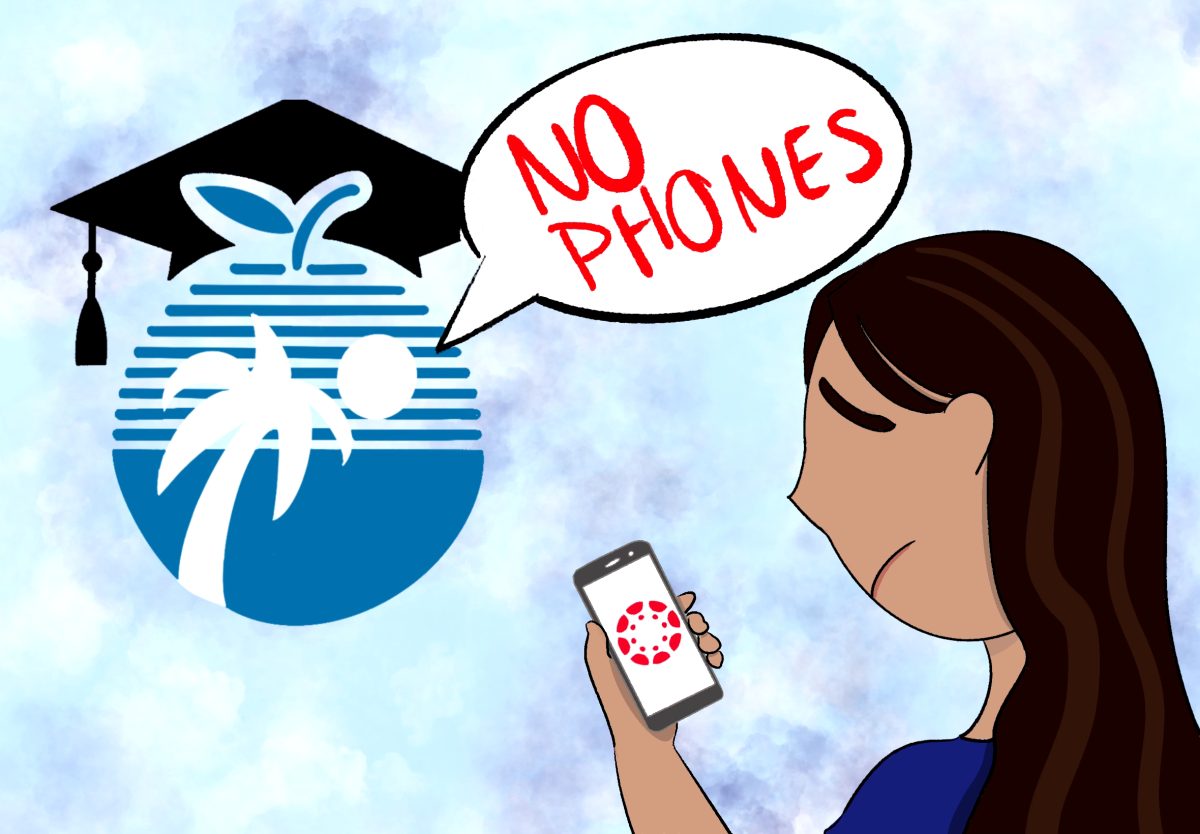 Opinion[Opinion] BCPS' newly mandated cell phone policy sparks controversy for students
Opinion[Opinion] BCPS' newly mandated cell phone policy sparks controversy for students -
 Opinion[Opinion] MLB should use technology to call strikes
Opinion[Opinion] MLB should use technology to call strikes -
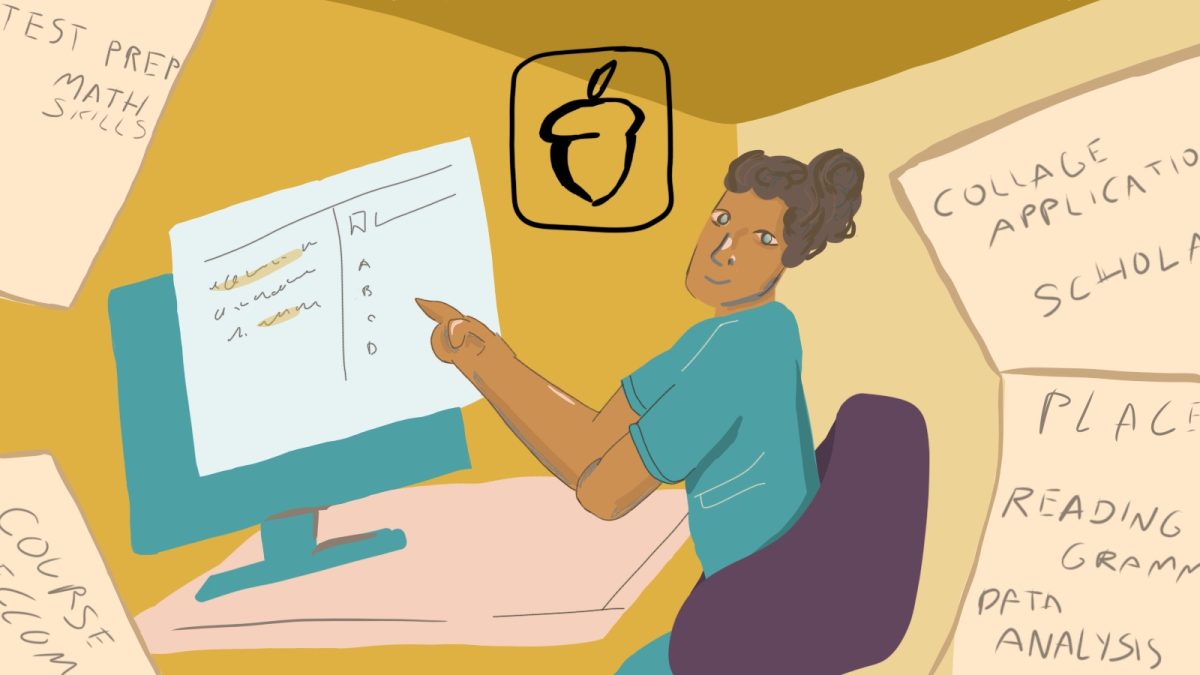 Opinion[Opinion] SAT classes should be mandatory at schools
Opinion[Opinion] SAT classes should be mandatory at schools -
 Opinion[Opinion] FLDOE should not be censoring climate change content from textbooks
Opinion[Opinion] FLDOE should not be censoring climate change content from textbooks -
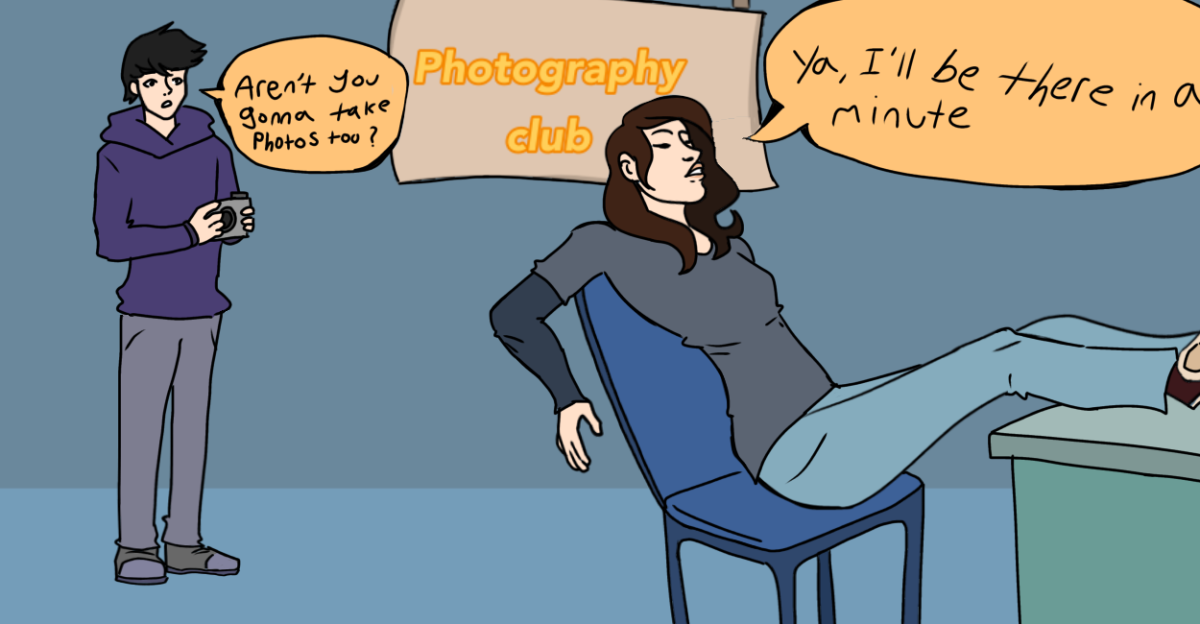 Opinion[Opinion] Students need to stop joining clubs to pad their resumes
Opinion[Opinion] Students need to stop joining clubs to pad their resumes -
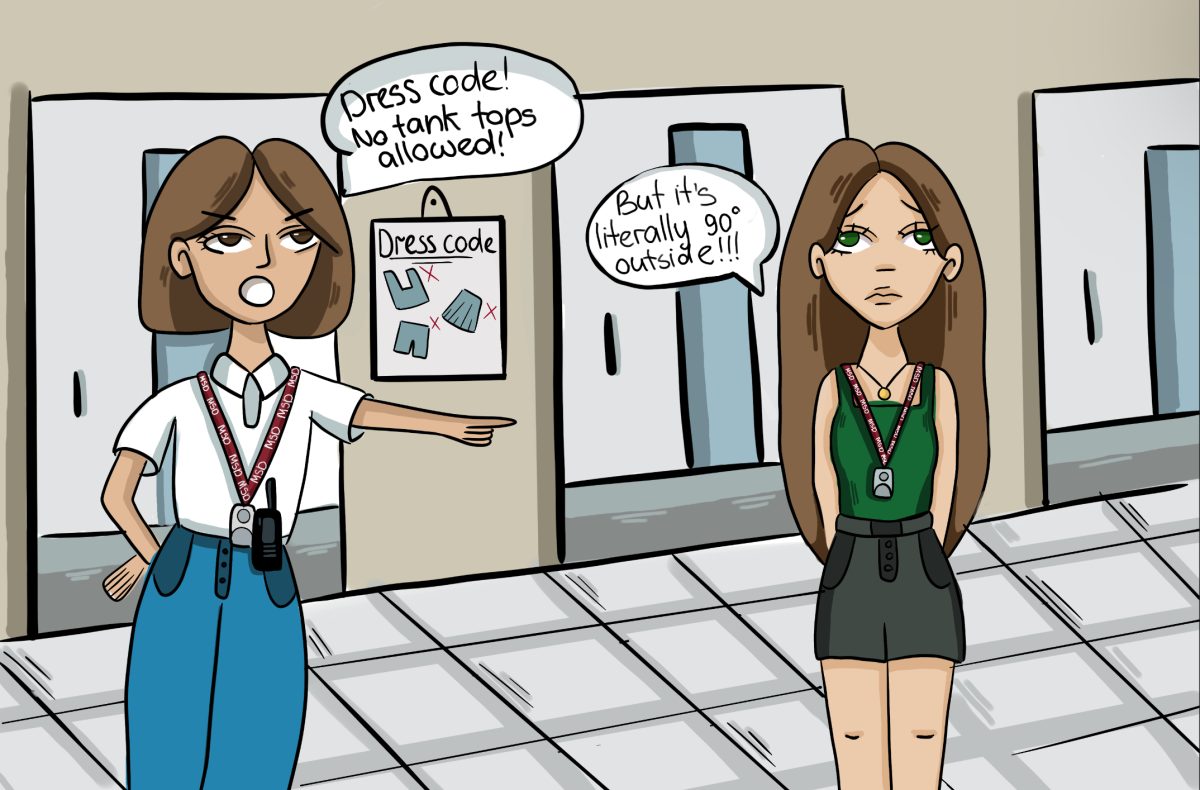 Opinion[Opinion] MSD’s dress code proves too strict and outdated
Opinion[Opinion] MSD’s dress code proves too strict and outdated -
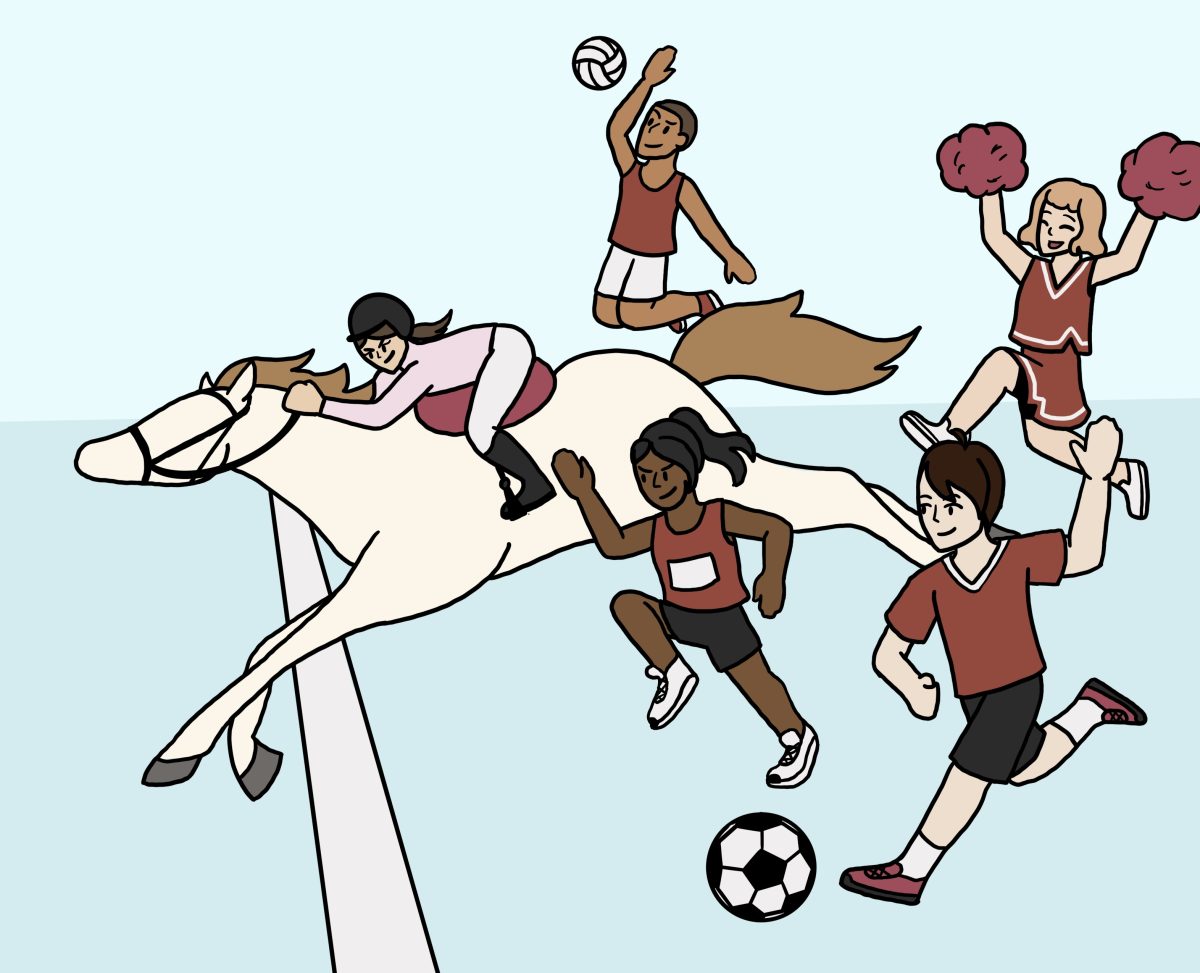 Opinion Showcase[Opinion] Horseback riding deserves as much recognition as other sports
Opinion Showcase[Opinion] Horseback riding deserves as much recognition as other sports -
 Opinion Showcase[Opinion] Florida’s ballot initiative is important for more than just general abortion access
Opinion Showcase[Opinion] Florida’s ballot initiative is important for more than just general abortion access -
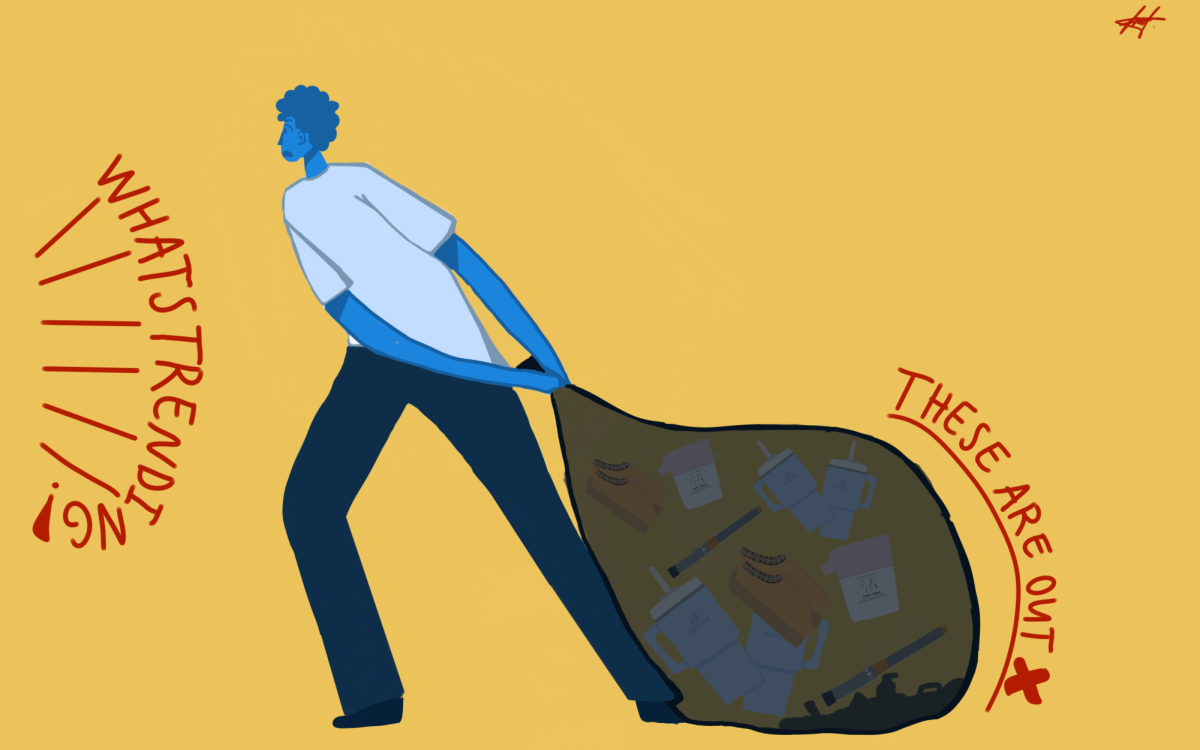 Opinion Showcase[Opinion] Overconsumption strains resources due to pressure to perform
Opinion Showcase[Opinion] Overconsumption strains resources due to pressure to perform -
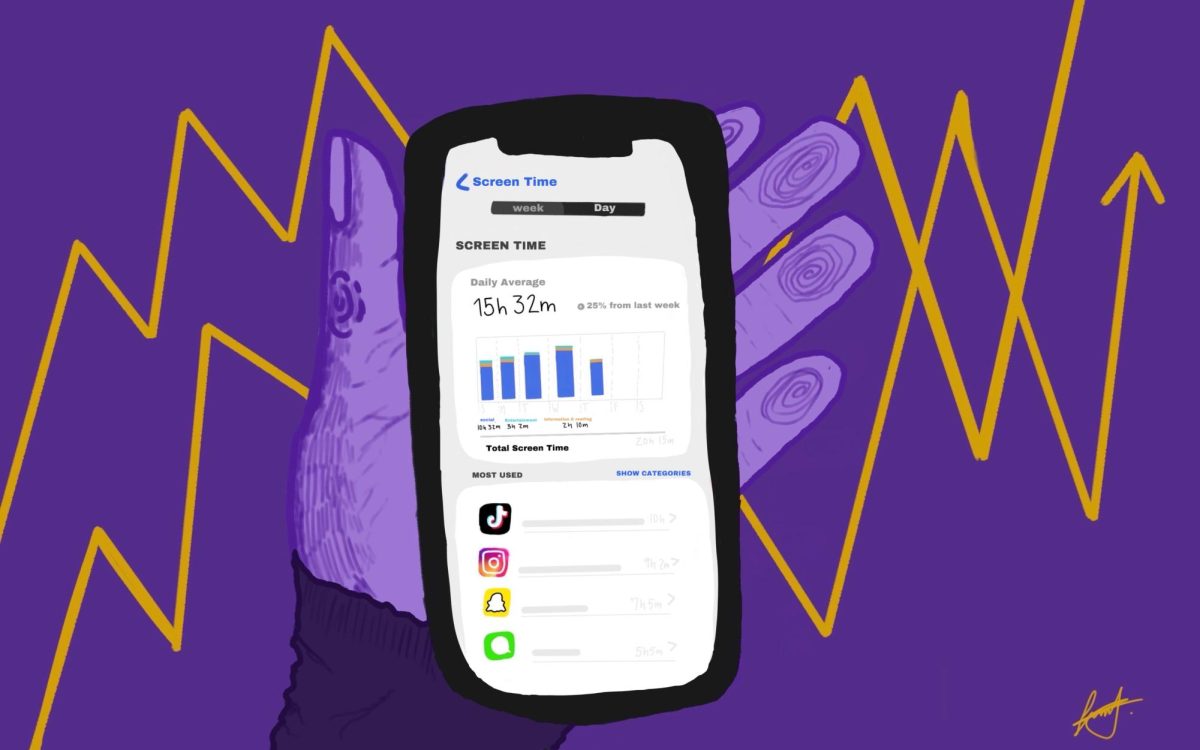 Opinion Showcase[Opinion] Generation Z should not be blamed for addiction to phones
Opinion Showcase[Opinion] Generation Z should not be blamed for addiction to phones -
 Opinion Showcase[Opinion] Classic novels need to be emphasized in the classroom more
Opinion Showcase[Opinion] Classic novels need to be emphasized in the classroom more -
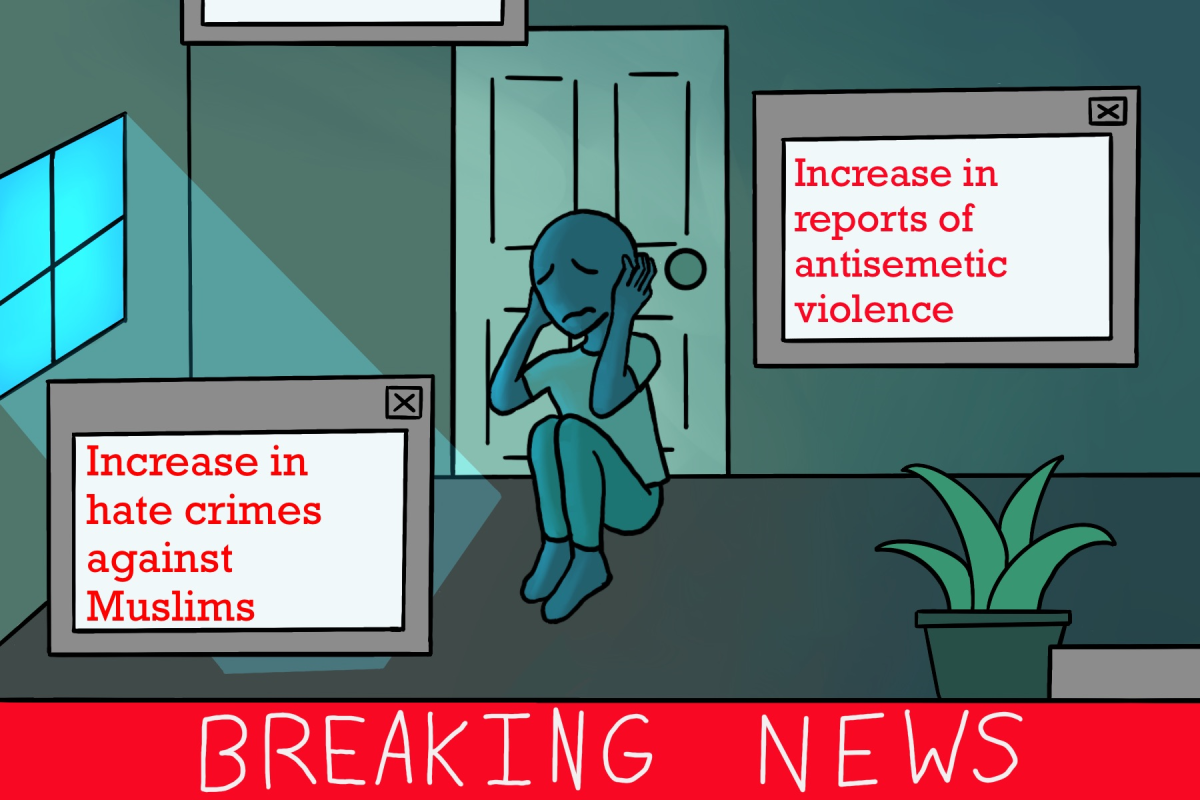 Opinion ShowcaseGlobal conflicts should not affect the safety of students
Opinion ShowcaseGlobal conflicts should not affect the safety of students -
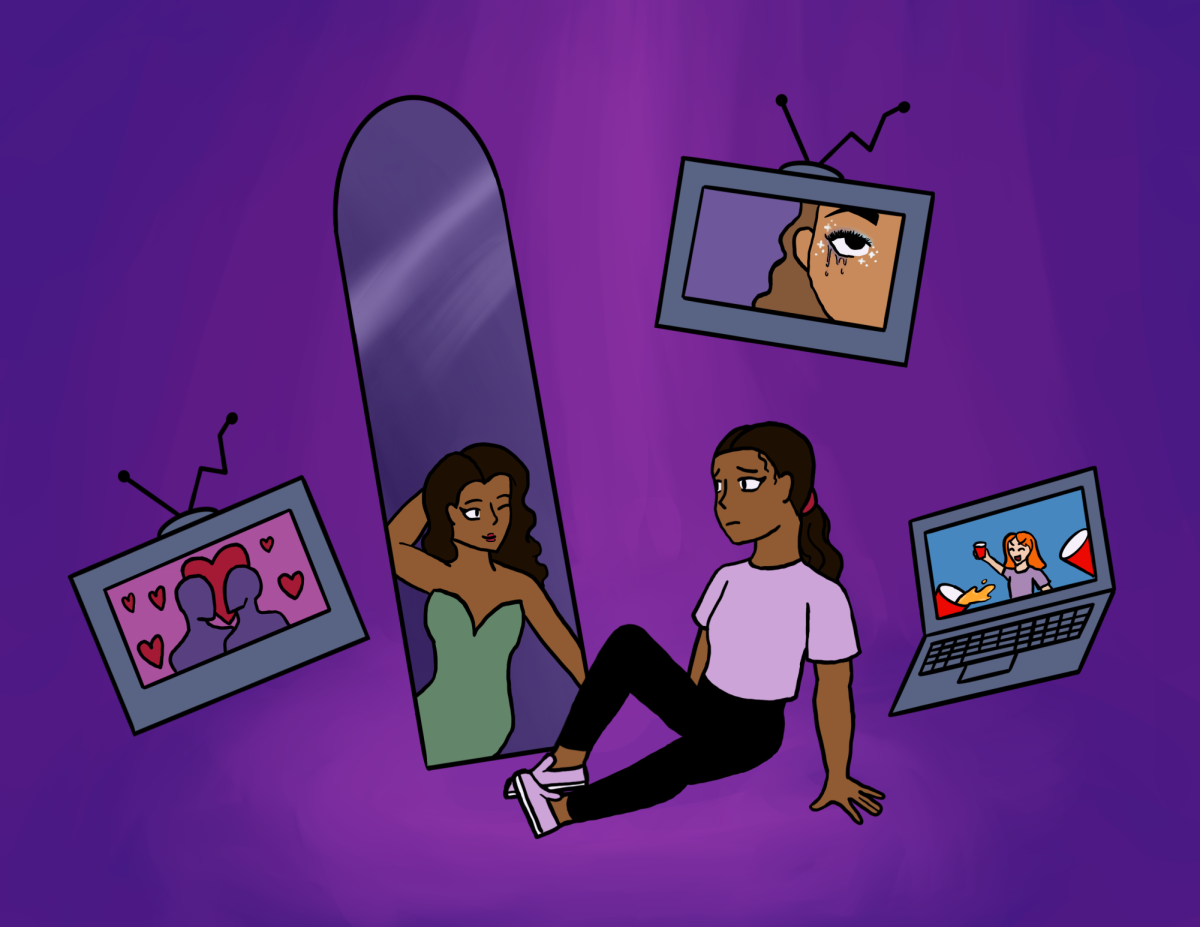 Opinion ShowcaseTV shows and films fail to accurately portray teenage characters
Opinion ShowcaseTV shows and films fail to accurately portray teenage characters -
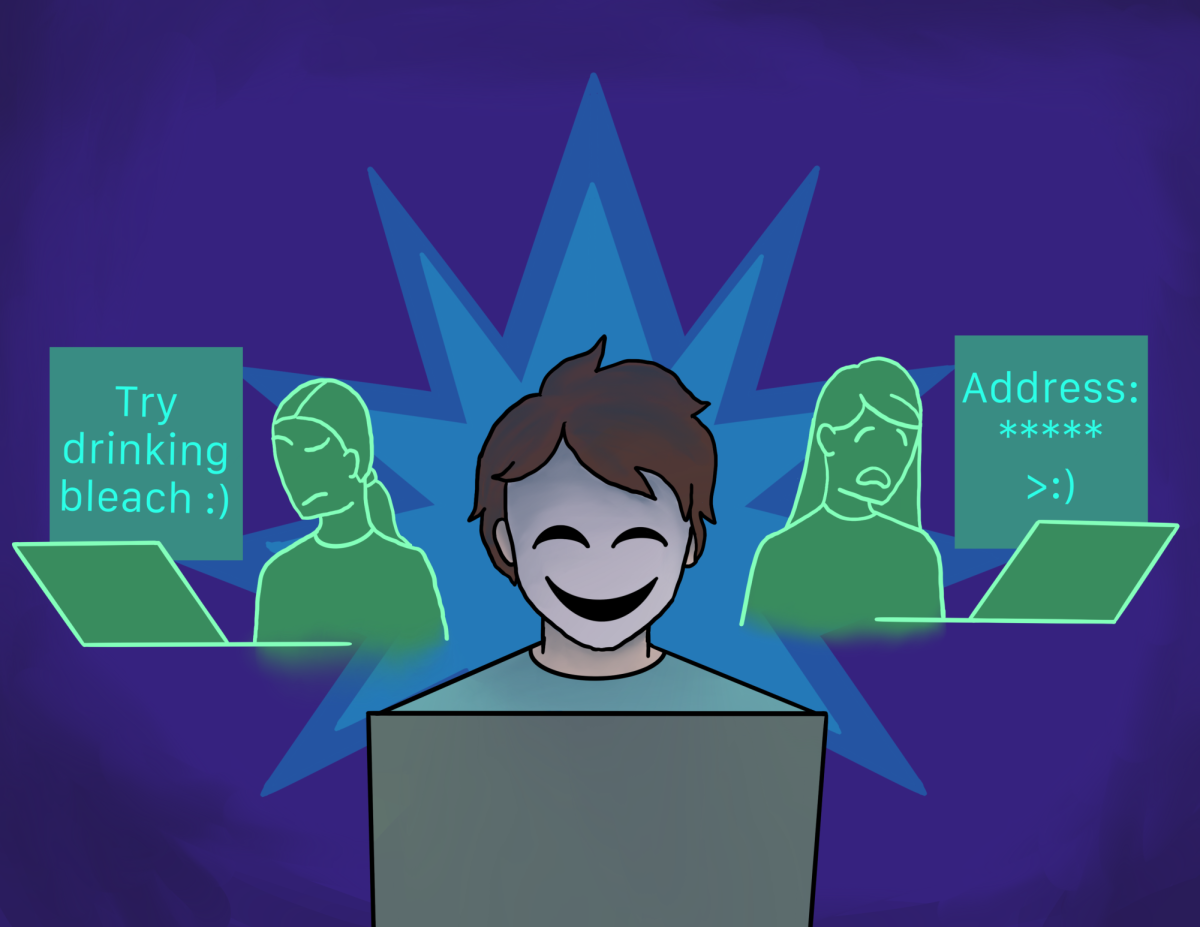 Opinion ShowcaseInternet users abuse anonymity to perform harmful acts
Opinion ShowcaseInternet users abuse anonymity to perform harmful acts -
 Opinion Showcase[Opinion] Recreational hunting is harmful and poses ethical questions
Opinion Showcase[Opinion] Recreational hunting is harmful and poses ethical questions -
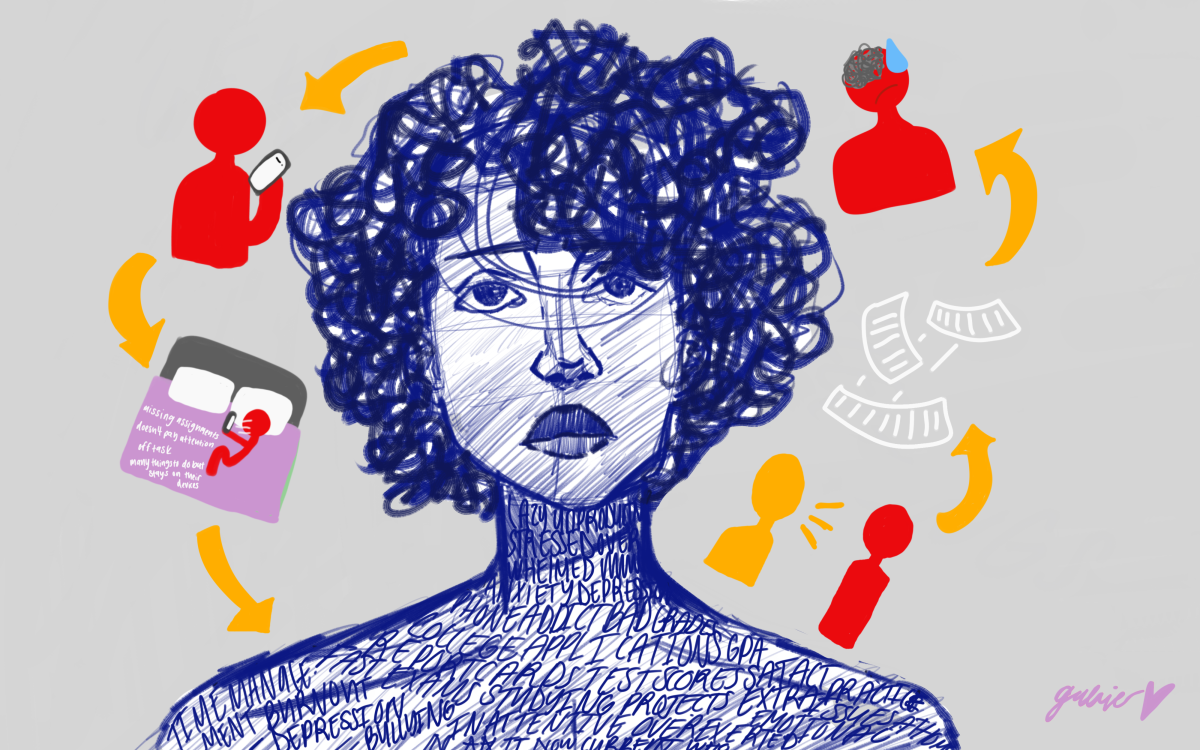 Opinion Showcase[Opinion] Negative stereotypes of teens ruins their self-esteem
Opinion Showcase[Opinion] Negative stereotypes of teens ruins their self-esteem
Navigate Right

